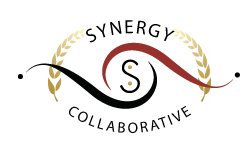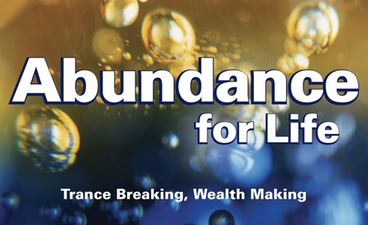HOST: MagicBrad
https://MagicBrad.com
Co-Host: George Monty
https://www.youtube.com/@truelifepodcast
WATCH VIDEO – https://youtube.com/live/bO37vWmV8yM
Spirituality and psychedelic substances have been entwined throughout human history, playing a profound role in shaping the human experience and understanding of consciousness. While some may view psychedelics as controversial and dangerous, others argue that their legalization and responsible use can lead to transformative spiritual experiences and heightened self-awareness. In this blog post, we delve into the relationship between spirituality and the legalization of psychedelics, exploring both the potential benefits and the need for a thoughtful approach to their integration into society.
The Historical Connection
The use of psychedelics in spiritual practices dates back thousands of years, with various cultures incorporating substances like psilocybin-containing mushrooms, ayahuasca, and peyote in their rituals. Indigenous tribes from different corners of the world have used these substances as tools to connect with the divine, gain insights, and heal both the mind and body. Ancient civilizations considered them as gateways to higher consciousness and a means to explore the depths of the human soul.
The Psychedelic Renaissance
In recent years, there has been a resurgence of interest in psychedelics, leading to what some refer to as the “Psychedelic Renaissance.” Scientific research into substances like psilocybin and MDMA has shown promising results in treating various mental health conditions, such as depression, anxiety, and post-traumatic stress disorder (PTSD). These studies have paved the way for renewed discussions on the potential therapeutic benefits of psychedelics, as well as their potential to facilitate spiritual experiences.
Spirituality and Inner Exploration
Spirituality, irrespective of religious affiliations, is often associated with the search for meaning, self-discovery, and a deeper connection with the universe. Psychedelics can be seen as catalysts for inner exploration, providing individuals with the opportunity to dissolve the barriers of the ego and witness a more profound sense of interconnectedness with all living beings. These substances can foster feelings of unity, empathy, and compassion, leading to a heightened sense of spiritual awareness.
Challenges and Risks
While the potential benefits of psychedelics in spiritual and therapeutic contexts are exciting, their misuse and potential risks must also be acknowledged. Psychedelics can induce powerful and intense experiences that may be overwhelming for some individuals, leading to adverse effects on mental health. Moreover, the risk of addiction and the potential for abuse necessitate a cautious approach to legalization and regulation.
Responsible Integration
The path to the legalization of psychedelics should involve a comprehensive framework that ensures responsible integration into society. Public education and awareness campaigns are essential to dispel myths and misinformation surrounding these substances. Regulation should focus on harm reduction, ensuring that individuals who choose to explore psychedelics do so in safe and controlled environments, with proper guidance and supervision from trained professionals.
Spiritual Experiences Without Substances
It is essential to recognize that spirituality and transcendent experiences can be achieved without the use of psychedelics. Meditation, breathwork, yoga, and other mindfulness practices have long been regarded as effective tools for inner exploration and spiritual growth. The legalization of psychedelics should not overshadow the value of these ancient practices but instead, complement them as potential tools for those seeking alternative paths to self-discovery.
Conclusion
The intersection of spirituality and the legalization of psychedelics is a topic that elicits both enthusiasm and caution. While these substances hold the potential to catalyze profound spiritual experiences and therapeutic breakthroughs, we must approach their integration into society with responsibility, education, and a focus on harm reduction. Embracing a holistic perspective, we should also recognize the abundance of alternative spiritual practices that do not involve psychedelics.
The journey of the mind and soul is diverse, and the exploration of consciousness can take various forms. Whether through meditation, prayer, or the responsible use of psychedelics, what remains essential is the sincere intent to seek higher truths and embrace the interconnectedness of all life. As we navigate the complexities of this subject, let us remember that spirituality is a deeply personal journey that should be guided by love, compassion, and respect for oneself and others.
WATCH VIDEO – https://youtube.com/live/bO37vWmV8yM










